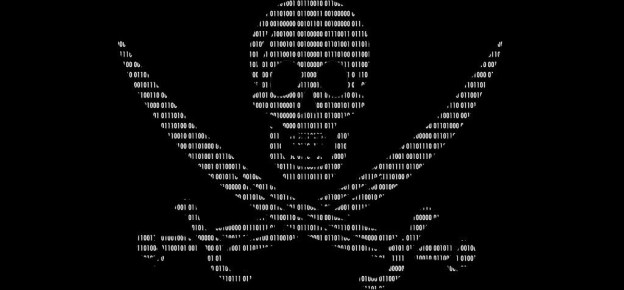
The Performing Rights Society for Music (PRS), a U.K. based music copyright group that collectively manages its members’ intellectual property, wants search engines to enact a “traffic-light” system to notify users if they’re downloading music legally or not. In essence, legal download domains, such as iTunes or Amazon, would get a green light next to their results in searches, while known sources of illegal downloads like the Pirate Bay would be given the red light. There’s no mention of yellow lights, which perhaps could be used for sites like Turntable.fm where no one’s quite yet sure how many starving artists its actually creating.
“There is evidence out there that if you help people go in the right direction many of them will do,” Robert Ashcroft, chief of the PRS, told the BBC. “We’re concerned about piracy, there are many things we can do about it, but we should start by telling people what is licensed and what is not licensed. We’re not trying to stop people, this isn’t a legal action, this isn’t site blocking. This is an information to consumers and I think that many people want to do the right thing. I say watch this space – I would like to see something happen before the end of the year.”
The PRS says the notifications are needed because a lot of people downloading music don’t know if it’s from illegal sources or not. Of course, we’d expect that most people downloading recent Top 40 albums straight off a shady Russian blog or picking up entire discographies off of torrents already realize it’s illegal. Yet, for example, if music freely distributed from an artist’s or label’s site is then offered elsewhere, stealing pageviews, there’s a potential problem. It seems like an attempt by the PRS to try and eliminate the “I didn’t know it was illegal” defense when taking music pirates to court, but there’s always the possibility that a fair number of downloaders don’t realize that they are acquiring music illegally.
The real question is whether or not PRS can get search engines to jump on board. While most search engines already adjust their rankings to bump down the type of spam and ad-heavy sites that often host free downloads, they haven’t taken broad steps to assess whether content is legal or not, although Google has eliminated certain piracy-related search terms from its instant search. It’s an interesting thought, one that could eliminate the neutrality of search results that previously have only aggregated results based on the relevance of their content, not the legality.


